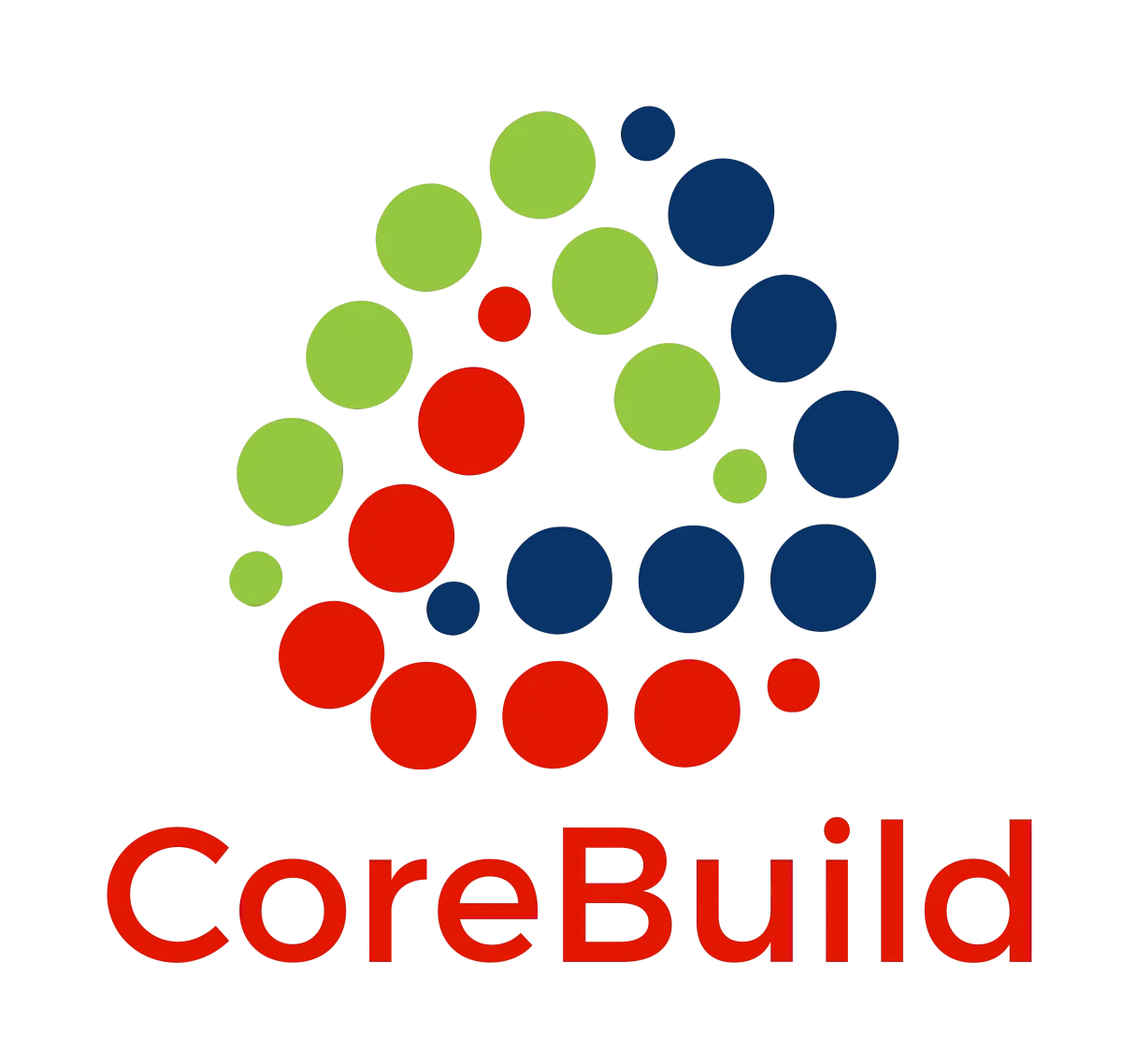
Jessica Powell
the socratic leadership approach
As a seasoned business leader, I've learned that effective leadership isn't just about giving orders or providing answers; it's about guiding and empowering others to discover their own solutions. One powerful tool I've recently found invaluable in this journey is the Socratic method—a method of questioning that encourages critical thinking and self-discovery. Recently, during a meeting with my colleagues Emily Donnelly and Frank Keck, we explored this method and its application in our day-to-day leadership roles.
Preparing thought-provoking questions in advance emerged as a crucial aspect of effective facilitation. In the midst of managing the flow of discussions, it's easy to lose sight of the importance of asking the right questions. Questions such as "What do you mean?" and "Tell me more" serve not only to stimulate engagement but also to guide participants towards their own insights and solutions.
The RED formula—Remain Emotionally Distant—resonated deeply with me. As leaders, it's essential to maintain a level of emotional detachment to facilitate unbiased discussions and decision-making processes. This principle aligns perfectly with the essence of the Socratic method, which encourages objectivity and critical inquiry.
At the core of the Socratic method lies the principle of never telling people what you can ask them. Instead of spoon-feeding solutions, we aim to empower individuals to think critically, analyze situations, and arrive at their own conclusions. This approach not only promotes deeper understanding but also cultivates a sense of ownership and accountability among team members.
During our discussion, we explored various "tricks" to enhance the effectiveness of questioning, such as repetition. By repeating key points or instructions, we can subtly signal their importance and encourage active engagement. For instance, a simple directive like "write this down" can prompt individuals to recognize the significance of the information being shared.
However, it's essential to remember that the Socratic method isn't about manipulating or coercing responses. We must always be genuine in our inquiries and be prepared to receive honest, sometimes unexpected, answers. As leaders, we must embrace vulnerability and be willing to challenge our own assumptions and beliefs.
Building trust within the team emerged as a recurring theme in our discussion. We emphasized the importance of "reading the room" and actively observing dynamics to identify leaders, subject matter experts, and individuals who may need additional support or encouragement.
I’m excited to continue exploring the principles of the Socratic method and applying them in my respective leadership roles - especially my most important role as ‘Mom.’ I’ll let you know how it goes!

Jessica Powell
the socratic leadership approach
As a seasoned business leader, I've learned that effective leadership isn't just about giving orders or providing answers; it's about guiding and empowering others to discover their own solutions. One powerful tool I've recently found invaluable in this journey is the Socratic method—a method of questioning that encourages critical thinking and self-discovery. Recently, during a meeting with my colleagues Emily Donnelly and Frank Keck, we explored this method and its application in our day-to-day leadership roles.
Preparing thought-provoking questions in advance emerged as a crucial aspect of effective facilitation. In the midst of managing the flow of discussions, it's easy to lose sight of the importance of asking the right questions. Questions such as "What do you mean?" and "Tell me more" serve not only to stimulate engagement but also to guide participants towards their own insights and solutions.
The RED formula—Remain Emotionally Distant—resonated deeply with me. As leaders, it's essential to maintain a level of emotional detachment to facilitate unbiased discussions and decision-making processes. This principle aligns perfectly with the essence of the Socratic method, which encourages objectivity and critical inquiry.
At the core of the Socratic method lies the principle of never telling people what you can ask them. Instead of spoon-feeding solutions, we aim to empower individuals to think critically, analyze situations, and arrive at their own conclusions. This approach not only promotes deeper understanding but also cultivates a sense of ownership and accountability among team members.
During our discussion, we explored various "tricks" to enhance the effectiveness of questioning, such as repetition. By repeating key points or instructions, we can subtly signal their importance and encourage active engagement. For instance, a simple directive like "write this down" can prompt individuals to recognize the significance of the information being shared.
However, it's essential to remember that the Socratic method isn't about manipulating or coercing responses. We must always be genuine in our inquiries and be prepared to receive honest, sometimes unexpected, answers. As leaders, we must embrace vulnerability and be willing to challenge our own assumptions and beliefs.
Building trust within the team emerged as a recurring theme in our discussion. We emphasized the importance of "reading the room" and actively observing dynamics to identify leaders, subject matter experts, and individuals who may need additional support or encouragement.
I’m excited to continue exploring the principles of the Socratic method and applying them in my respective leadership roles - especially my most important role as ‘Mom.’ I’ll let you know how it goes!
© 2025 CoreBuild. All right reserved
